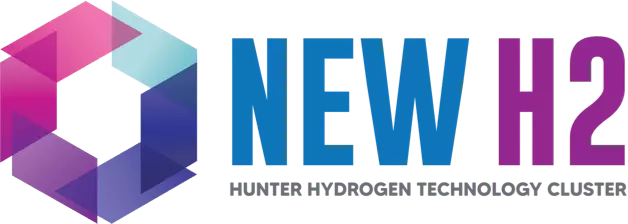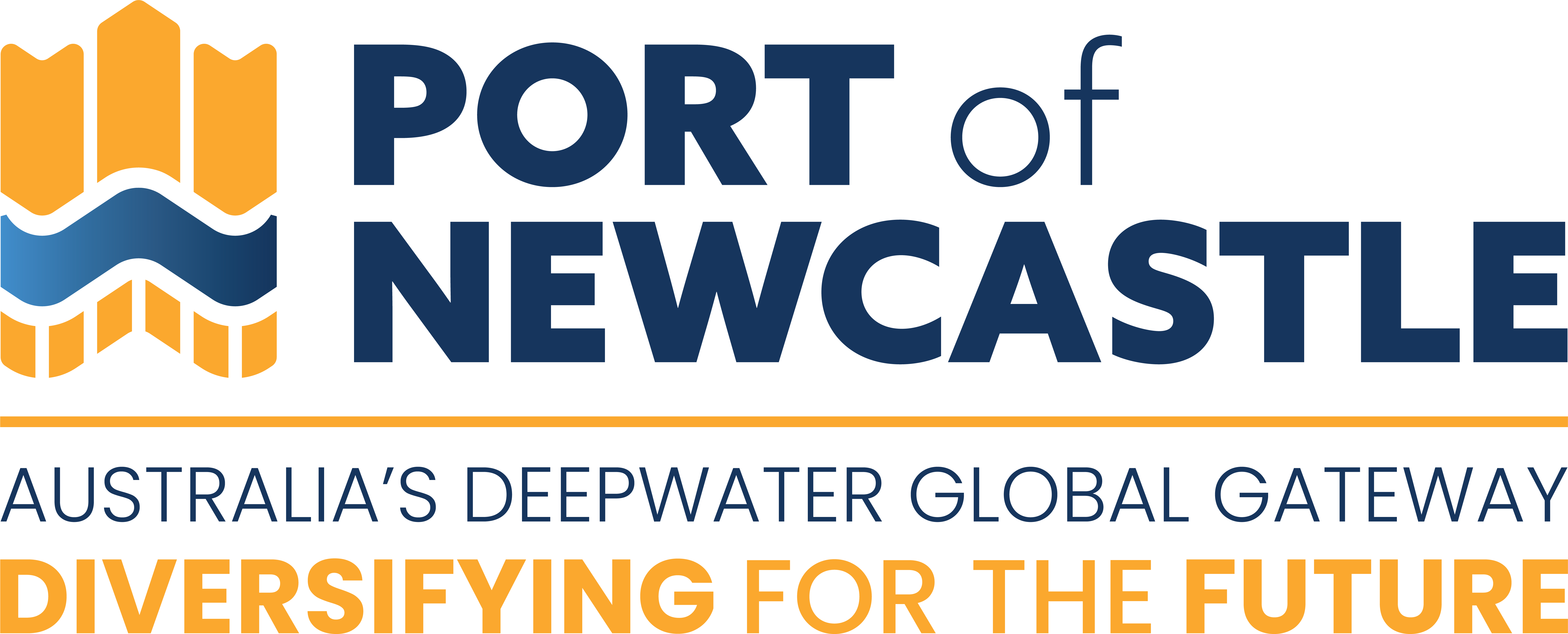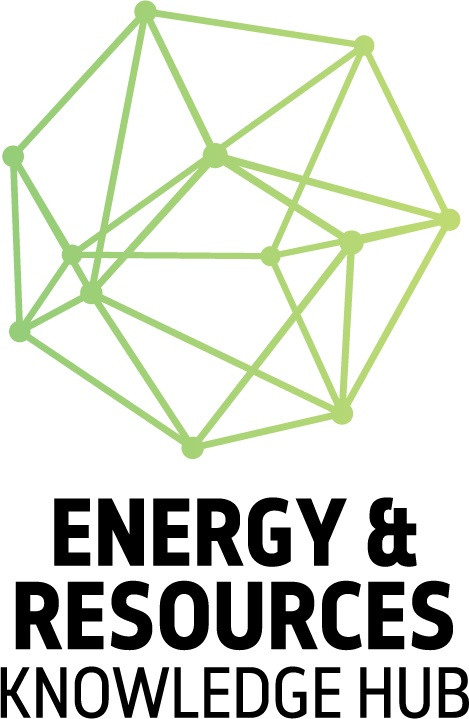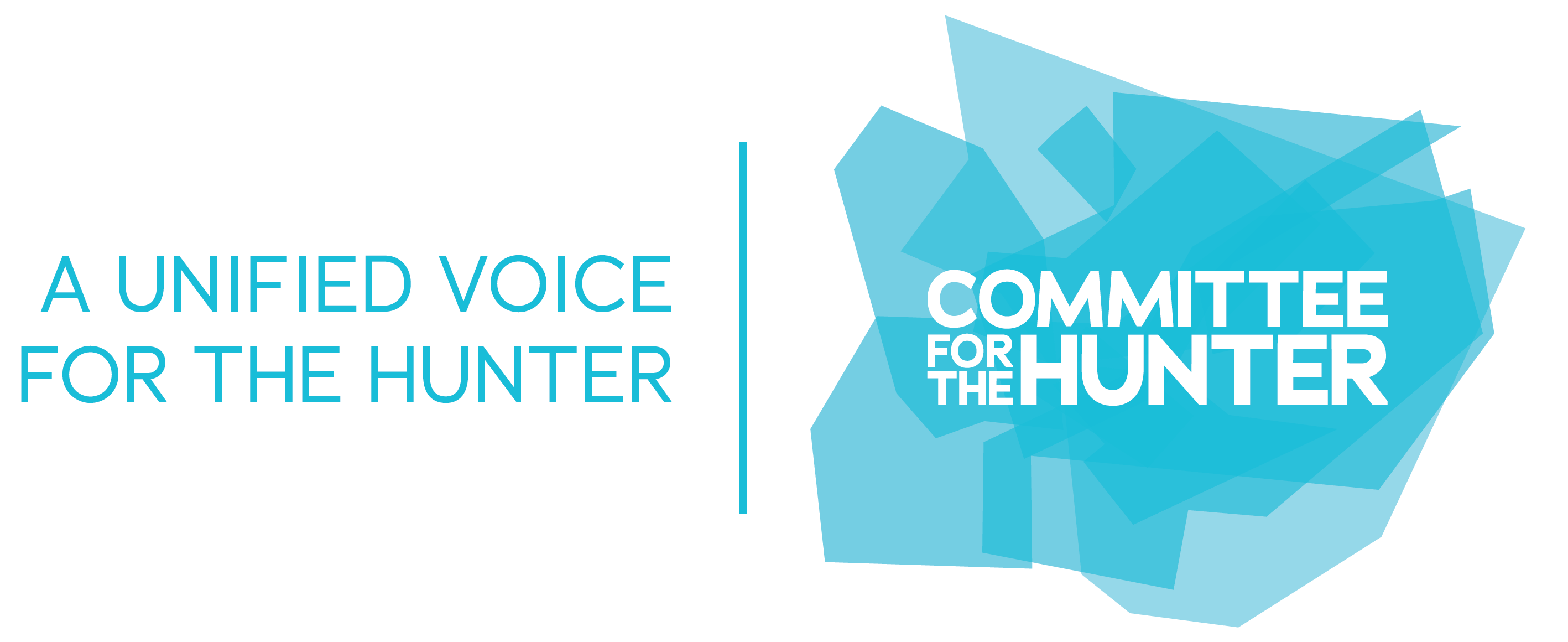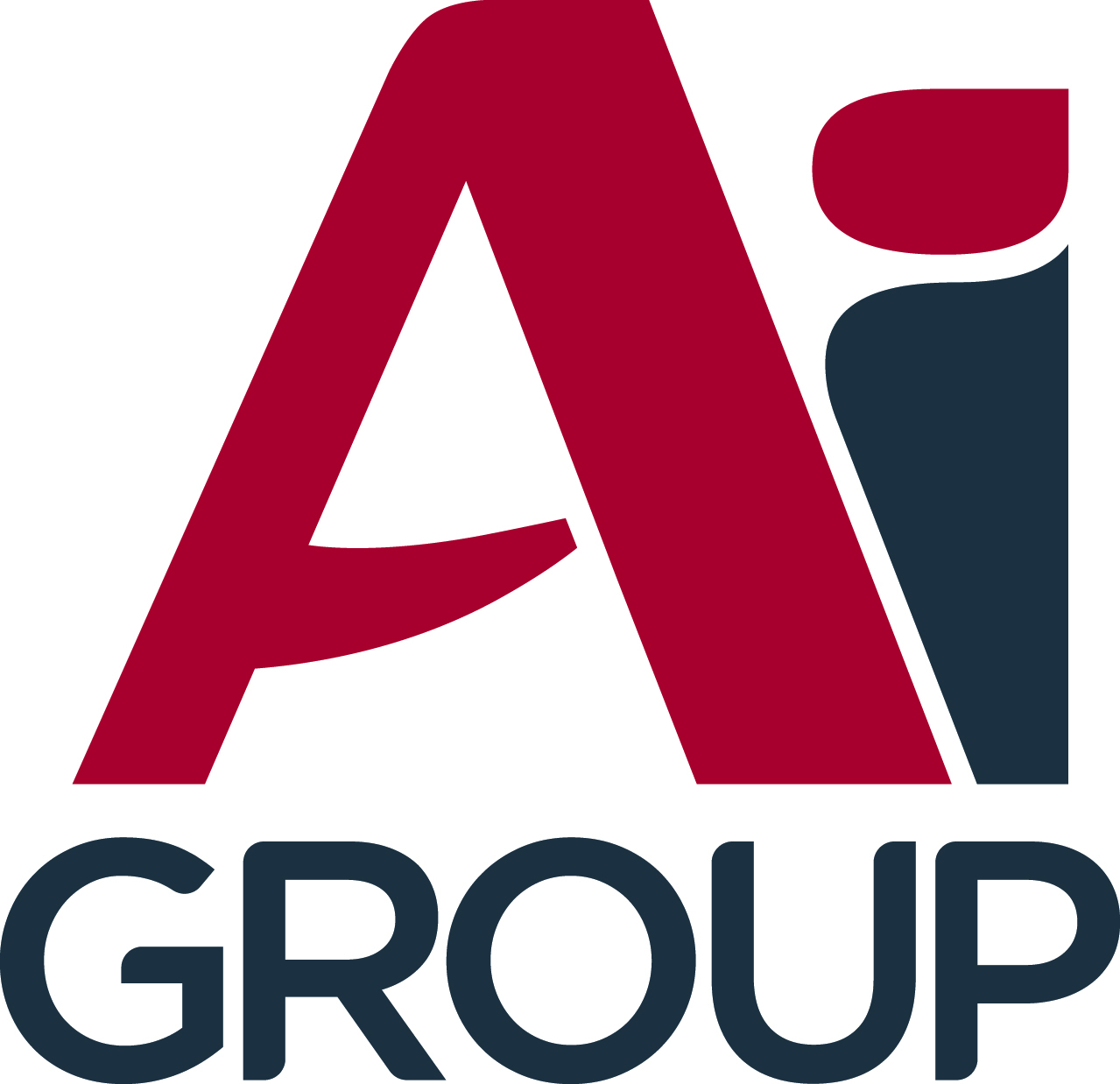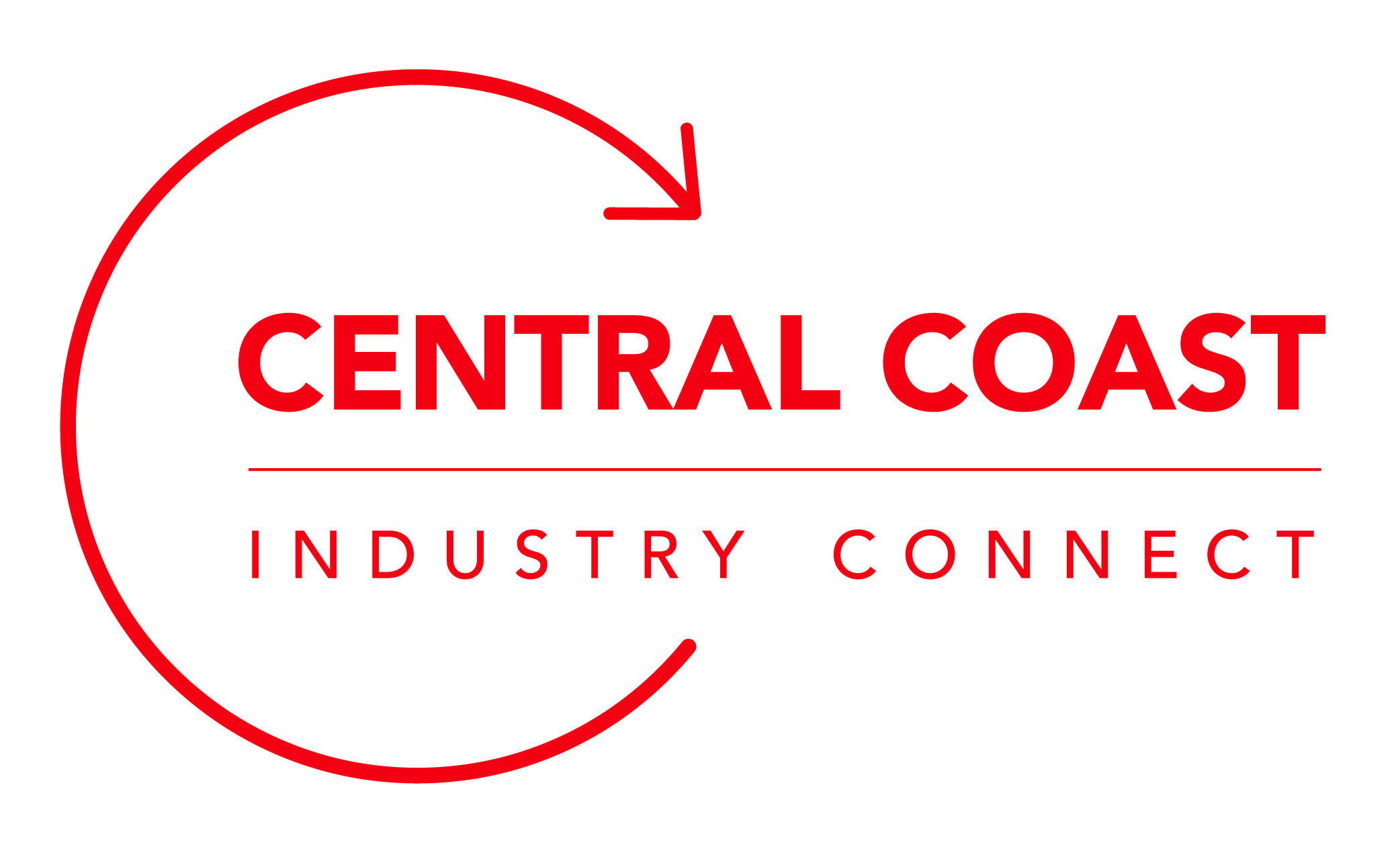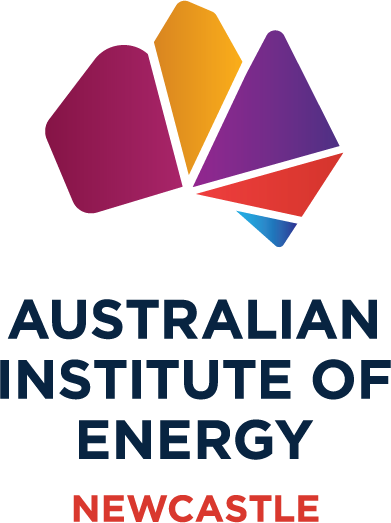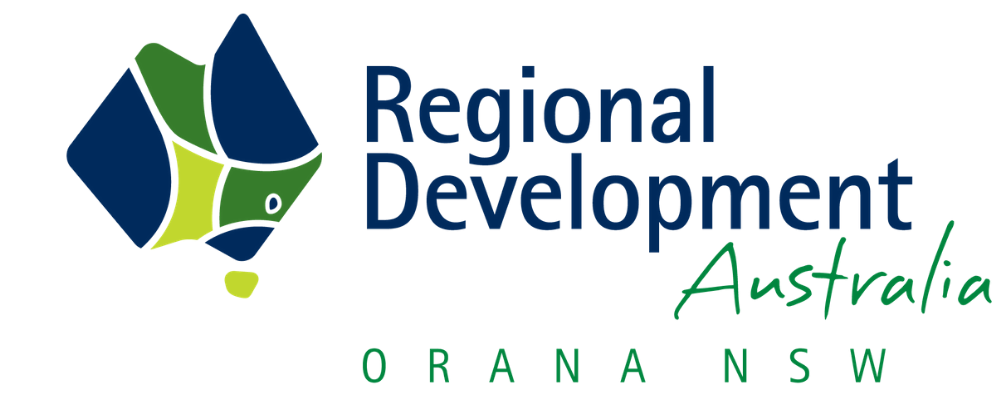ARENA funding to facilitate scaling Hysata's hydrogen tech
The investment aims to support the development and demonstration of their groundbreaking next-generation hydrogen electrolyser technology at a commercial scale.

The Australian Renewable Energy Agency (ARENA) has pledged $20.9 million in funding to Wollongong based hydrogen innovator Hysata.
Hysata plans to establish and test a 5 MW hydrogen electrolyser unit, marking a significant leap forward in hydrogen production capabilities. This unit will be created at their new manufacturing facility in Port Kembla, where it will undergo rigorous testing and validation before being relocated to Queensland.
Following this initial testing, the array will then be installed adjacent to the Stanwell Power Station near Rockhampton, Queensland. Stanwell Corporation, a Queensland government-owned power company, is playing a key role in this initiative by contributing $3 million to the project. The site's abundant resources, including available land, water, and grid connection capacity, make it an ideal setting for the project.
At the heart of Hysata's technology is a proprietary 'capillary fed' electrolyser cell. This innovation seeks to revolutionize the electrolysis process by virtually eliminating resistance, a common obstacle that impedes efficiency in conventional electrolysis systems.
This reduction in resistance leads to remarkably higher efficiency levels and a substantial decrease in energy losses, setting Hysata's technology apart from traditional solutions.
The effectiveness of Hysata's approach has been demonstrated through an impressive 95% efficiency in producing hydrogen, compared to the industry standard of around 75%. This heightened efficiency not only reduces the energy required for hydrogen production but also holds the potential to substantially lower the overall costs associated with renewable hydrogen production.
ARENA CEO Darren Miller commented on the project, highlighting its pivotal role in paving the way for widespread adoption of Hysata's technology.
"Hysata is a great example of Australian innovation leading the way in renewable energy. This electrolyser technology could be a game-changer for renewable hydrogen," Miller said.
The journey of Hysata from concept to commercialization is rooted in its origin as a spin-off from ARENA-funded research conducted at the University of Wollongong. This venture represents a tangible outcome of sustained investment and support in cutting-edge research and development within the renewable energy sector.
The funding from ARENA follows a previous grant of $8.98 million awarded to Hysata under the German-Australian HyGATE program. The German Government's Federal Ministry of Education and Research (BMBF) also contributed €5.9 million to this initiative. Leveraging these resources, Hysata is presently focused on developing a 200 kW electrolyser system, a stepping stone towards the creation of the 5 MW commercial-scale demonstration unit.
Hysata CEO Paul Barrett expressed enthusiasm for the project's significance in the company's trajectory, stressing its potential impact on the global drive towards net-zero emissions.
Barrett stated, "Green hydrogen is critical for decarbonization of hard-to-abate sectors, and we are committed to helping our customers deliver the world’s lowest cost green hydrogen."
The field pilot at the Stanwell site is set to commence in 2025 following initial development efforts, with promising implications for the future of renewable hydrogen production.
